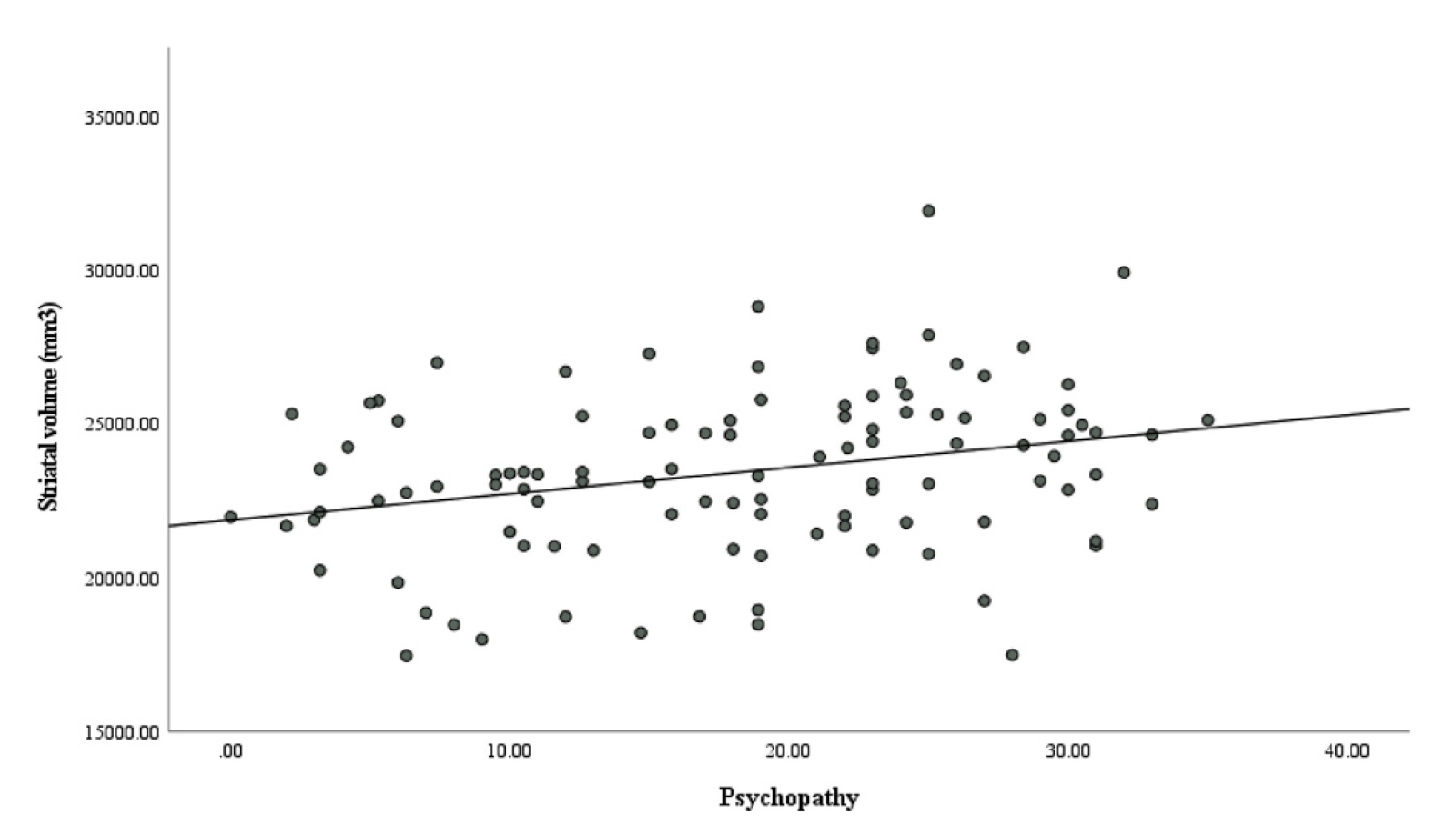Called Duānwǔ jié 端午節 / 端午节 in Chinese, this year (2022) it occurred on Friday, June 3.
Below, I will discuss in detail the names, origins, and customs surrounding this widely and exuberantly celebrated festival. Unfortunately, recently there has been some controversy over how to greet people on this day. There seems to be a lot of online discussion as to whether
Duānwǔ jié kuàilè
端午節快樂
"Happy Duanwu Festival!"
or
Duānwǔ jié ānkāng
端午節安康
"[May your] Duanwu Festival [be filled with] well-being"
is the appropriate greeting for the festival, including debate about the more recent use in China (less so in Taiwan) of the latter.
Read the rest of this entry »



